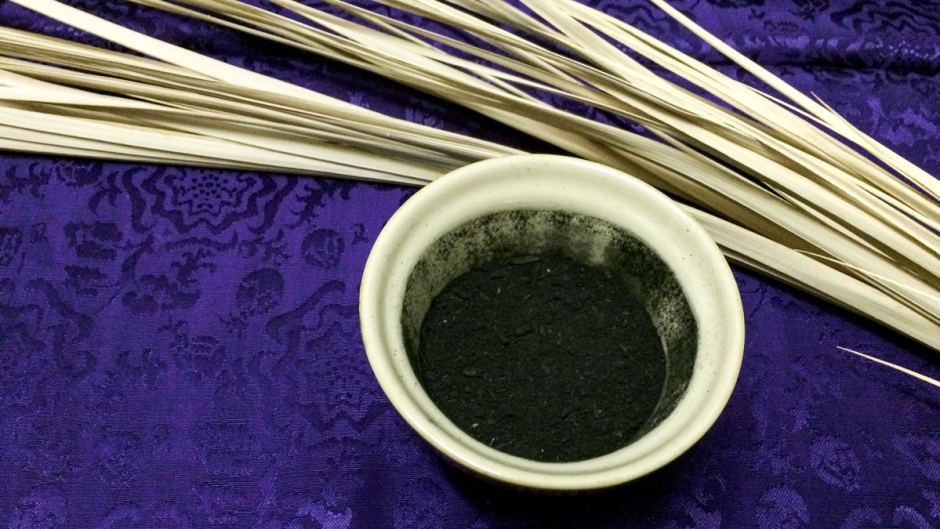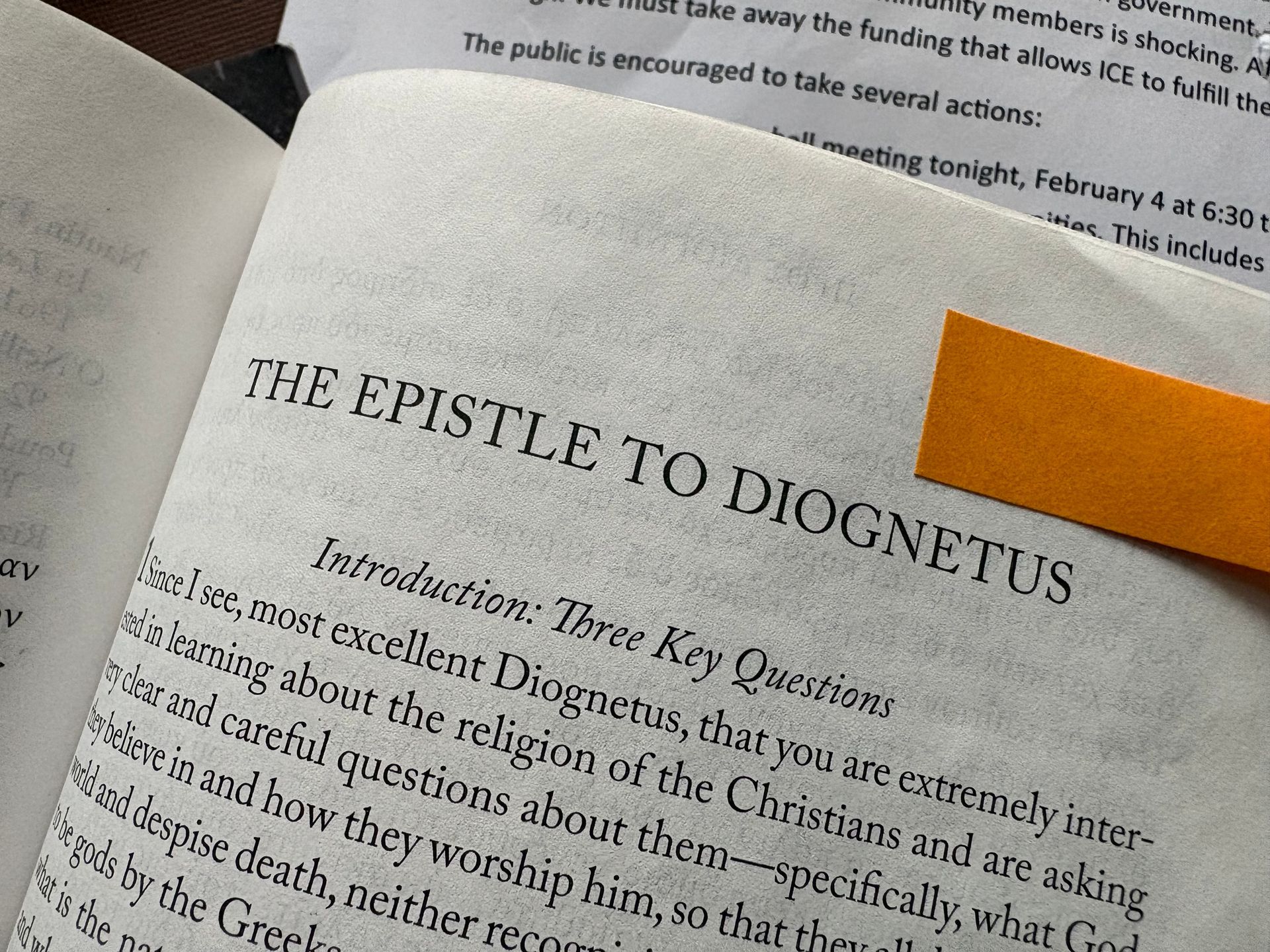Pub Theology 4/23/24 — Just one word …

April is considered Earth Month, and Monday, April 22, was Earth Day. So it seems fitting that we should devote our conversation this week to questions of our relationship with the earth and how we care for, or don’t, God’s creation.
The classic line from the film, “The Graduate,” referenced above, is a great launching point for this topic. Plastic was first created in 1907, but production on a global scale only began in the 1960s. What was initially touted as a miracle invention has in the last 70 or so years become a global scourge. According to some estimates, the world produces around 400 million metric tons of plastic waste each year. Every day, 2,000 truckloads of it is dumped into the ocean, rivers and lakes. And the manufacturing process itself has been identified as a major source of climate-warming greenhouse gas emissions.
To mark Earth Day Sunday, the ecumenical organization Creation Justice Ministries created a resource for congregations titled Plastic Jesus: Real Faith in a Synthetic World. The effort is “designed to help congregations think more deeply about the ways that plastics impact their lives and God’s creation. It is also intended to equip people of faith to take actions to address this epidemic in faithful and practical ways.”
As Creation Justice Ministries points out, plastics, which are ubiquitous to our world, would be completely alien to our foreparents in our faith. “It is a reminder that, as Dr. Ellen Davis has said, we in the present-day western world have more distance from the world of the Bible than any other culture in history. That’s not just in terms of time, but also in terms of technology, attitudes and disconnection from the non-human world around us.”
In Raleigh, North Carolina, the Episcopal Church of the Nativity has developed a ministry called Zero Waste Church , encouraging other churches and congregations to deepen their faith through care for creation. The Rev. Stephanie Allen, rector of Nativity, frames the issue of plastics theologically: “Plastic is a sacrament for our god of convenience.”
Creation Justice Ministries goes further and in the process, poses questions that we will take up in our discussion this week: “Justice for creation requires a rethinking of our relationship to plastics. Is it enough that we recycle and find alternatives to single-use items to reduce the amount of plastic that ends up in landfills? How do we account for the fact that plastics are often produced in historically oppressed communities so that their very production harms the health of Black, Brown and poor White communities? Do we even have the means to remove enough plastic from our rivers, lakes and the ocean to preserve the bioregions made vulnerable by plastic waste?”
To put it another way, what might need to happen for the world to repent from its dependence on plastic?
We’ll talk about plastics, Earth Day, and a whole lot more in our conversation this week, Tuesday, April 24. Join us for the discussion beginning at 7 pm at Casa Real in downtown Oxford.







